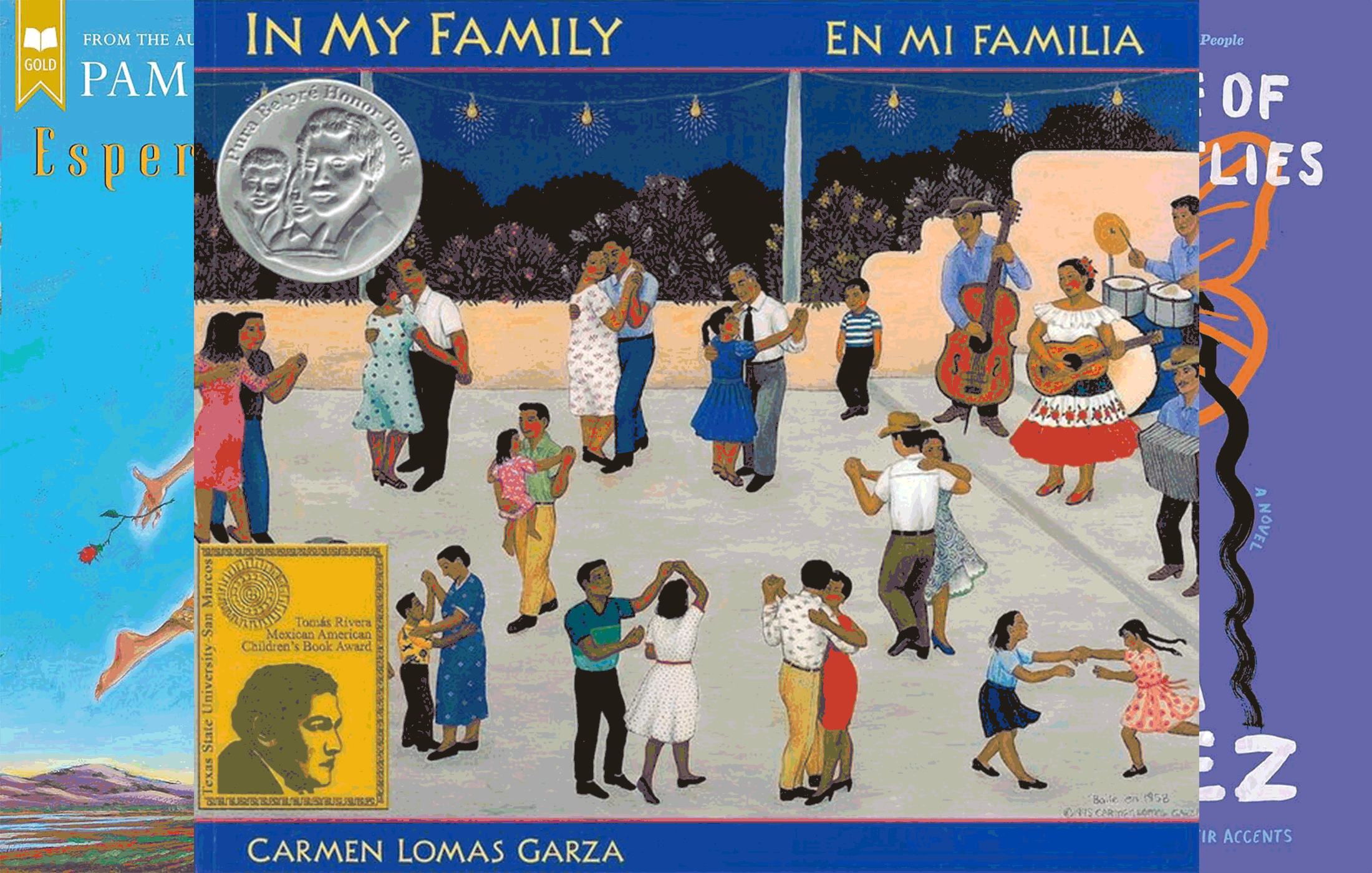In honor of Latino Books Month, Latina editors curated a list of books that truly “raised us.” Featuring timeless classics from incredible Latina authors like Julia Alvarez, Esmeralda Santiago, and Sandra Cisneros, these works dive deep into themes of family, identity, migration, and assimilation. Their powerful stories have paved the way for today’s Latina voices.
Check out the full list below.
Esperanza Rising by Pam Muñoz Ryan
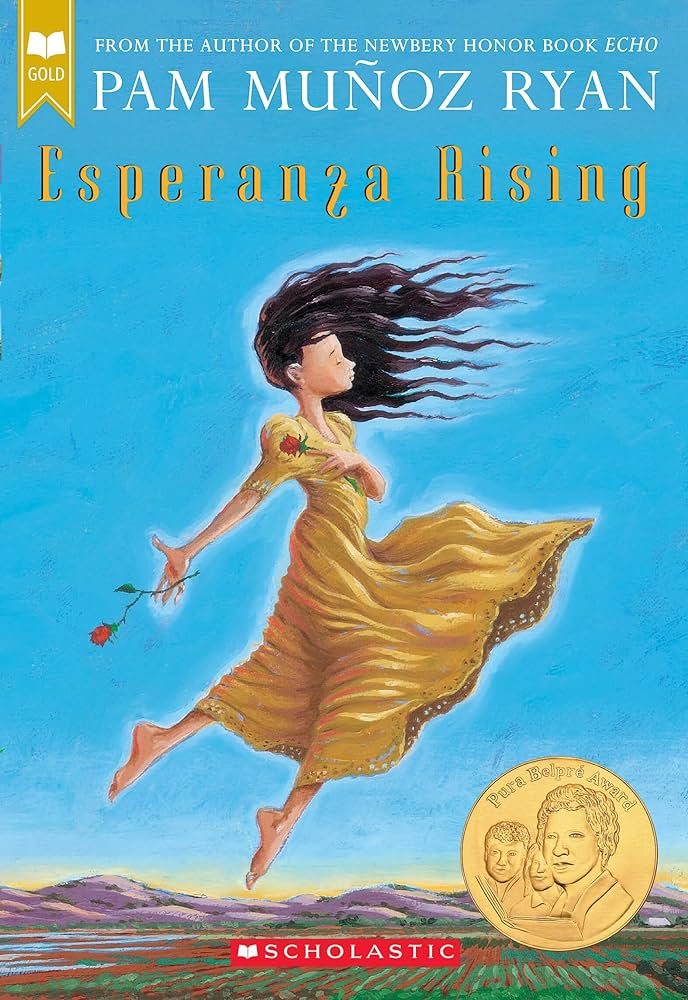
Esperanza Rising.
Esperanza, living a fairytale life in Mexico, is forced to flee to California during the Great Depression. She and her mother settle in a camp for Mexican farm workers and struggle to survive. The book follows her journey as she rises above her difficult circumstances.
En Mi Familia by Carmen Lomas Garza
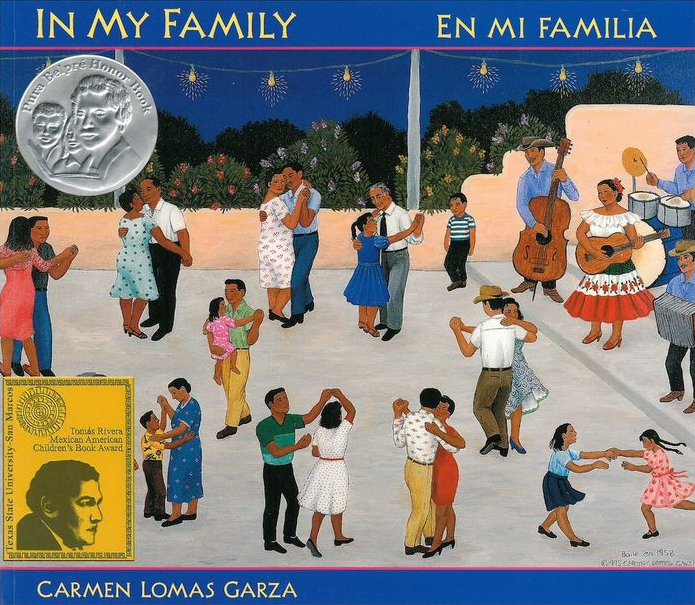
Following her best-selling “Family Pictures,” Chicana artist and illustrator, Carmen Lomas Garza, continues her tribute to her Mexican heritage in this picture book.
In the Time of the Butterflies by Julia Alvarez
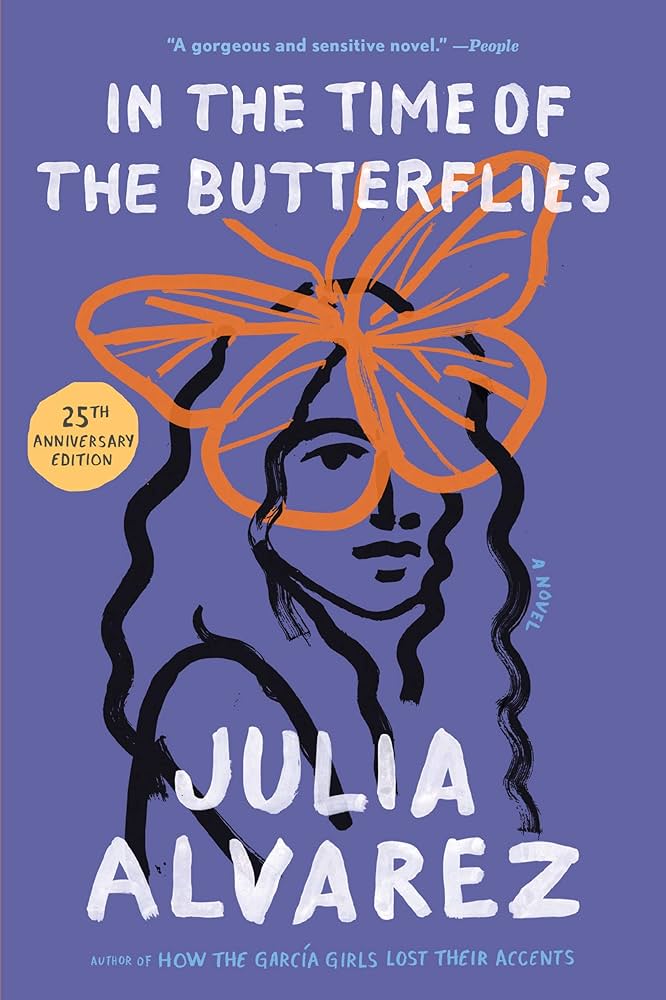
Celebrating its 30th anniversary this year, “In the Time of the Butterflies” is based on the true story of the Mirabal sisters—Minerva, Patria, María Teresa, and the survivor, Dedé—revolutionary heroes who fought against the oppressive Dominican dictator Rafael Trujillo.
La casa de los Espíritus by Isabel Allende
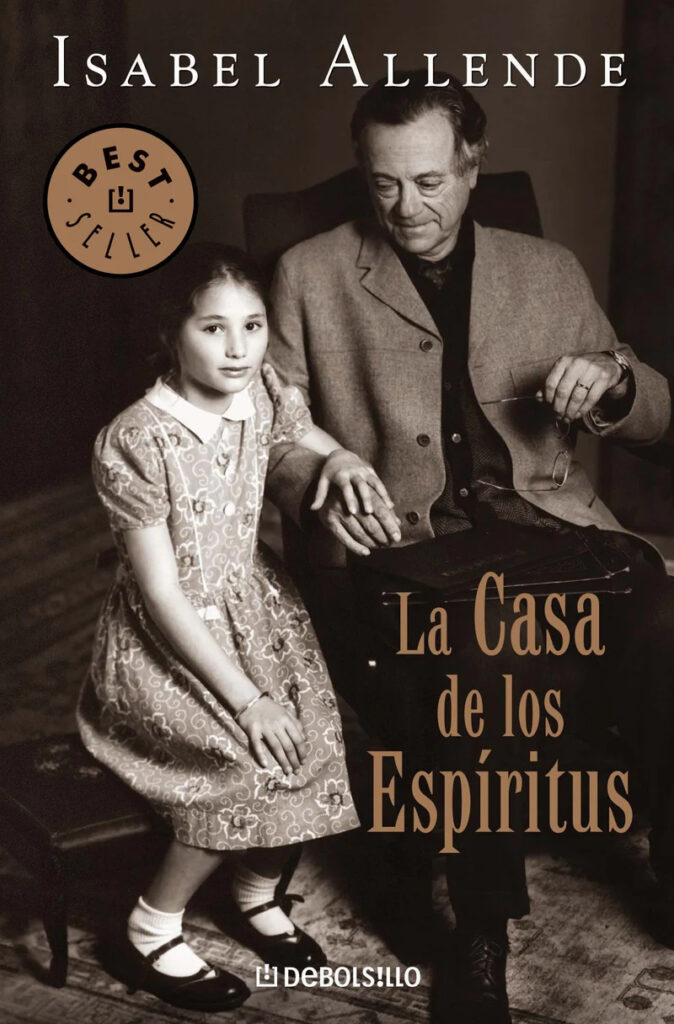
La Casa de los Espiritus.
Isabel Allende’s “La Casa de los Espíritus” is a masterpiece that weaves together themes of family, magic, and political turmoil in Latin America. The story chronicles the lives of the Trueba family over four generations, capturing the social and political upheavals in post-colonial Chile.
When I Was Puerto Rican by Esmeralda Santiago
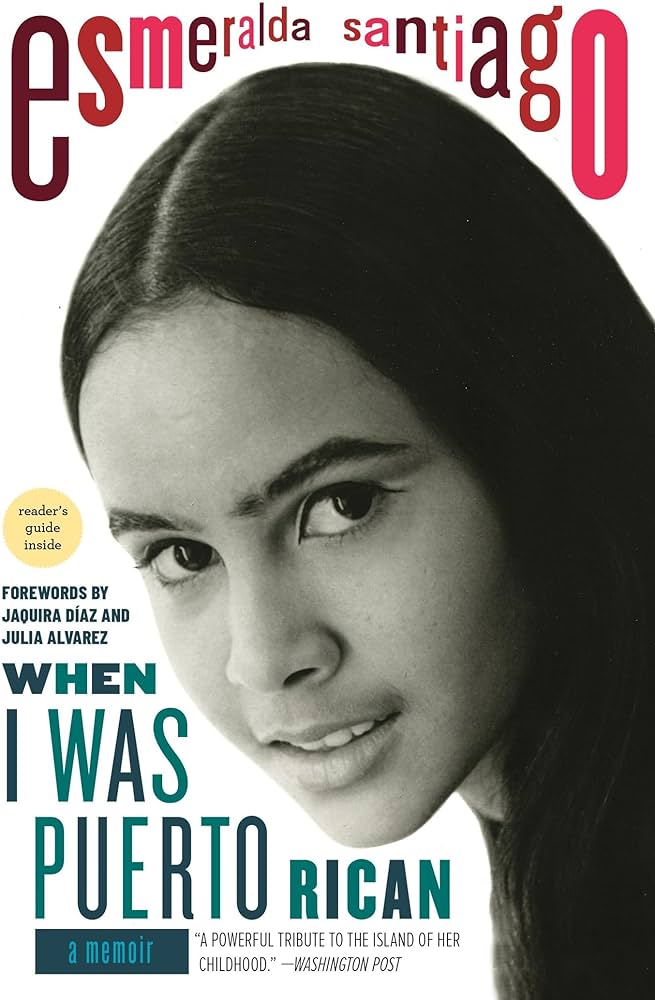
When I was Puerto Rican.
As the oldest of seven children, Esmeralda becomes a second mother to her siblings after her parents separate. When the family moves to New York City, Esmeralda sees possibility and freedom within reach, but her familial responsibilities keep pulling her back. She must learn to pave her own way and find her freedom.
The House on Mango Street by Sandra Cisneros
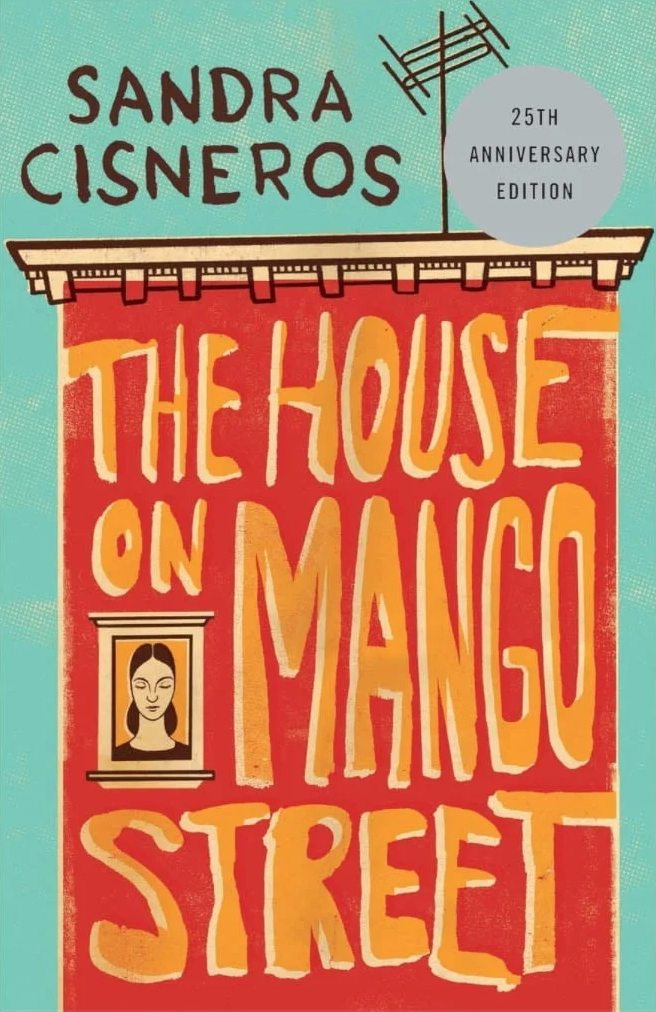
The House on Mango Street.
This critically acclaimed novel, considered a modern classic of Chicano literature, follows 12-year-old Chicana Esperanza Cordero and her upbringing in Chicago. Told in a series of vignettes, it grapples with elements of Mexican-American culture and themes of social class, race, sexuality, identity, and gender.
